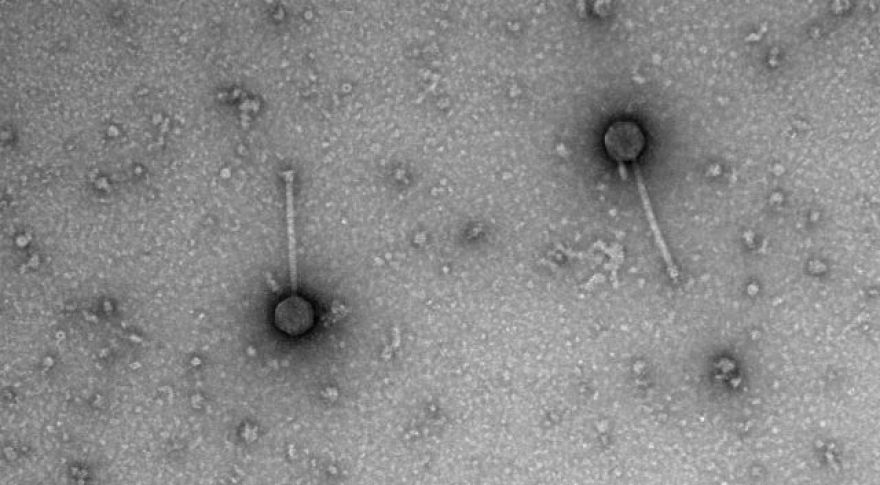
Doctors Use Genetically Engineered Viruses to Fight Drug-Resistant Superbug
Antibiotics were miracle drugs for most of the 20th century, but they’re no longer a silver bullet that can treat any infection. Overuse of antibiotics has fostered the proliferation of resistant organisms that can prove life-threatening, especially to those with already weakened immune systems. A teenager in the UK was at death’s door following complications from a lung transplant, but a last-ditch effort has saved her life. Doctors say this is a watershed moment for the use of so-called bacteriophages in medicine.
Problems for 17-year-old Isabelle Carnell-Holdaway started when she was a toddler. Doctors diagnosed her with cystic fibrosis, a genetic disorder that cuts life expectancy in half.
After exhausting all conventional treatment options, doctors looked to bacteriophages as a solution. These microscopic don’t infect human cells, but they’re potentially deadly to bacteria. Doctors have used bacteriophages to treat infections in the past, but it’s a difficult and time-consuming process to find strains of phage that can successfully beat back an infection. In this case, doctors had access to a library of 15,000 phages assembled for a research project.
The team identified a phage called “Muddy” as the best candidate (see above). It was discovered in 2010 preying on bacteria in a rotting eggplant. Doctors found two other phages that could help and made alterations to their tiny genomes that made them more like Muddy — virulent and deadly to Mycobacterium abscessus.
Beginning in June 2018, doctors administered the mix of three bacteriophages to Carnell-Holdaway twice daily. Over the next few months, the infection shrank until it had all but vanished. Remarkably, there have been no adverse side effects from flooding Carnell-Holdaway’s body with billions of phage particles every day.
Doctors are careful to point out that their patient isn’t “cured.” She still harbors the dangerous bacteria, and it could stage a comeback if the treatment is ended too soon. For now, Carnell-Holdaway is still getting injections of the phage cocktail daily. However, she has been able to resume a normal daily routine without the disabling effects of cystic fibrosis. The results of her treatment have been .
Now read: